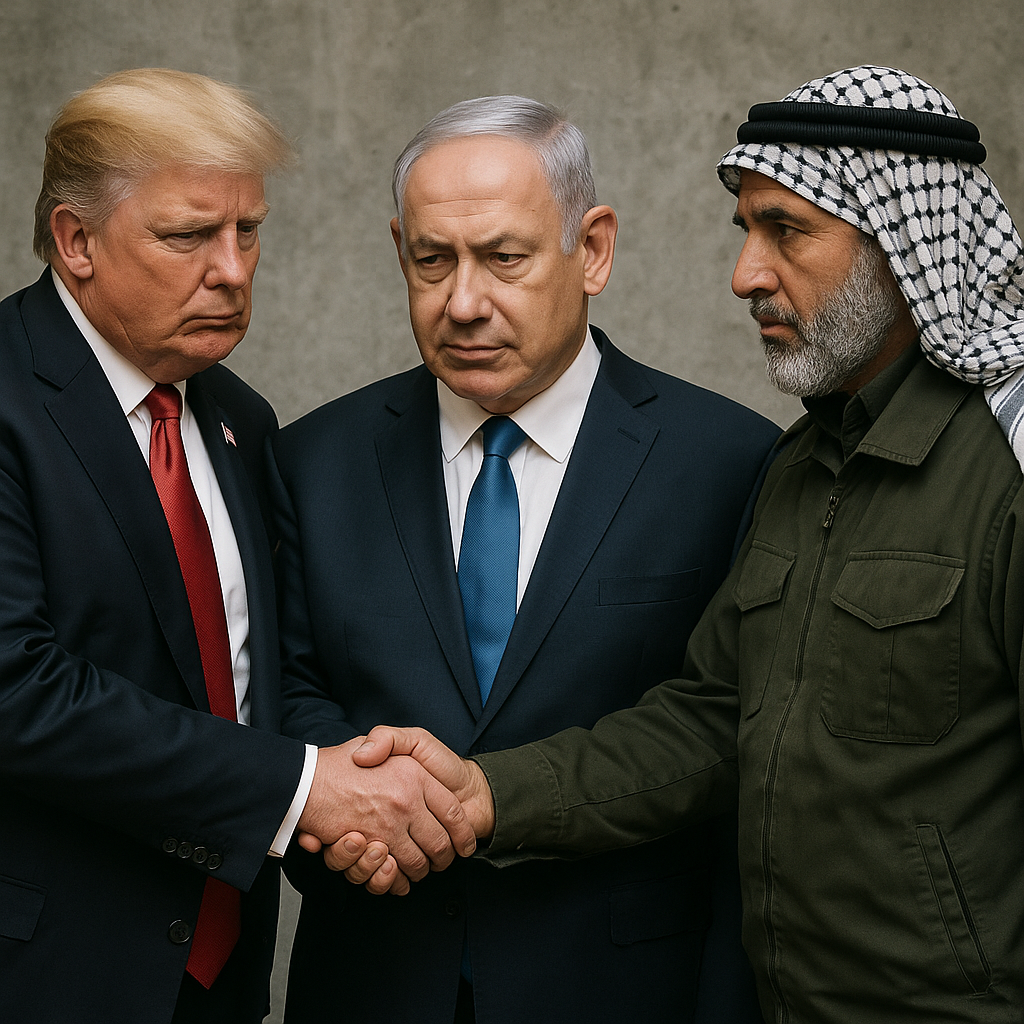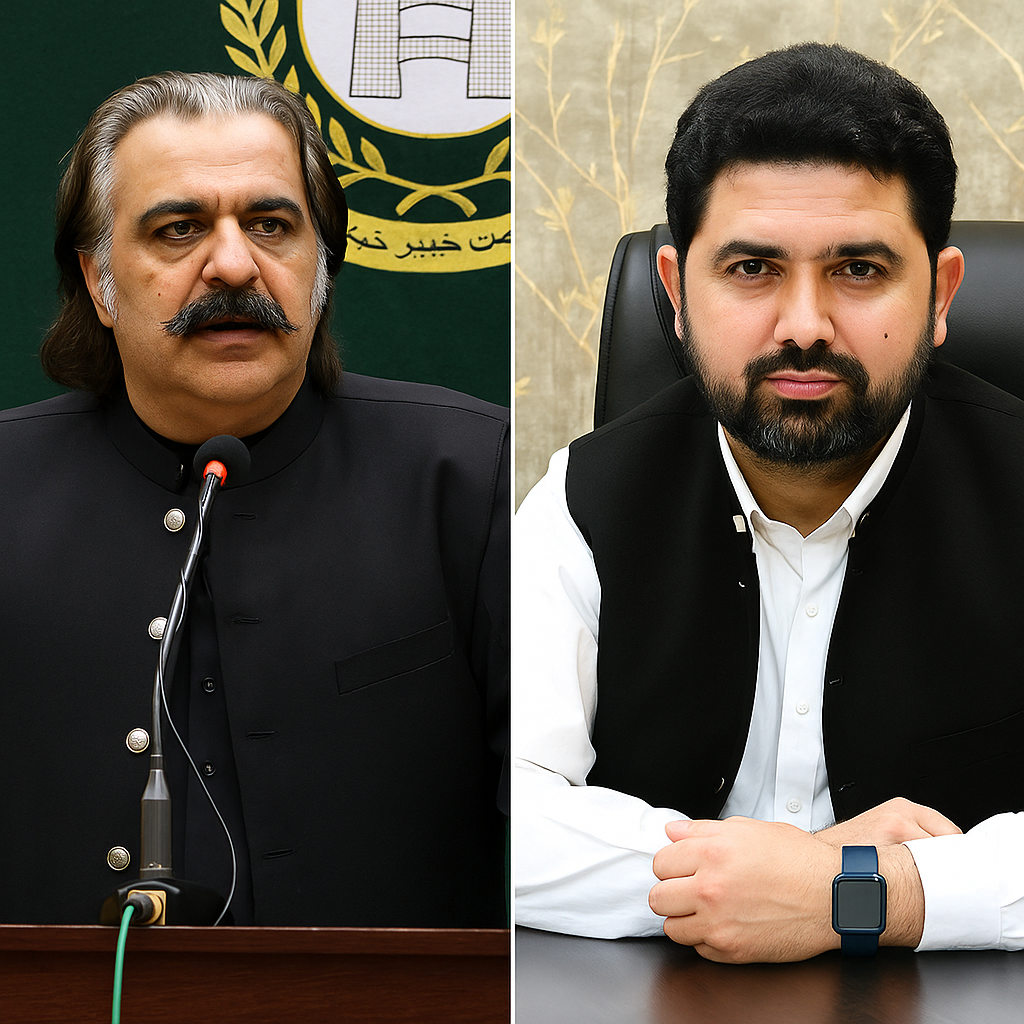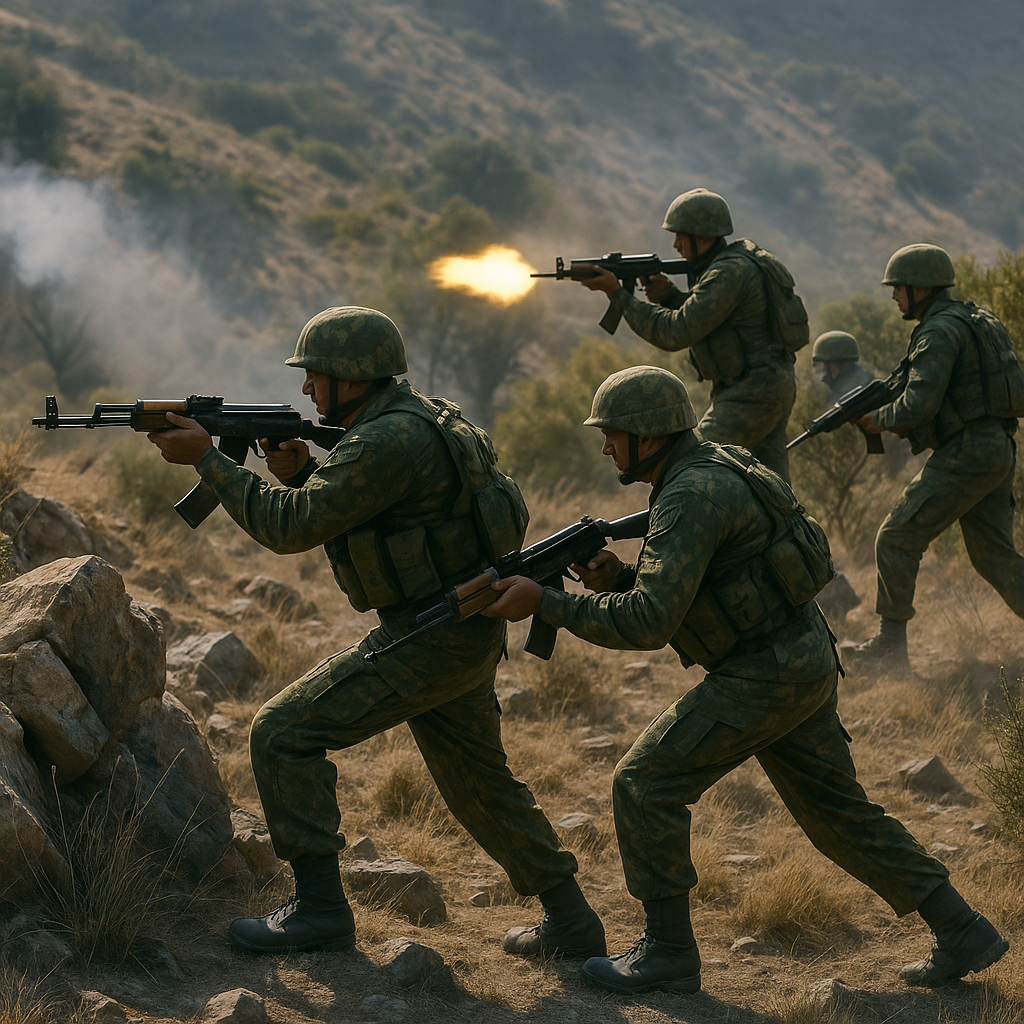The Endgame Begins: Inside the Fragile Israel–Hamas Ceasefire and Its Global Ripples
After nearly a year of relentless conflict, destruction, and diplomatic deadlock, the war between Israel and Hamas may finally be approaching a critical turning point. A tentative ceasefire agreement — reportedly brokered after months of pressure from regional and global powers — has been outlined. If implemented, it could halt one of the most devastating chapters in Middle Eastern history.
But beneath the optimism lies uncertainty, distrust, and competing agendas that could make this peace as fragile as glass.
Phase One: The Ceasefire Framework
According to reports emerging from ongoing negotiations, the ceasefire’s first phase involves a hostage and prisoner exchange and a gradual withdrawal of Israeli forces from certain areas of Gaza. The timeline is designed to unfold in tightly managed stages — with the first 72 hours being the most critical.
Under this arrangement, Hamas is expected to release several hostages held since the early days of the war. In return, Israel will begin reducing troop presence and ease some restrictions in northern Gaza, where fighting has been heaviest.
The plan’s success depends on both sides’ willingness to act in good faith — a tall order in a war defined by mistrust.
For Israel, security remains the unshakeable priority. Officials have repeatedly insisted that any peace deal must guarantee that Hamas cannot rearm or reestablish its command structures. Hamas, on the other hand, views the ceasefire as a potential lifeline to preserve its existence and political relevance after enduring months of siege and loss.
The Negotiating Table: Power, Politics, and Pressure
Behind the scenes, a coalition of mediators — including key Arab states and Western powers — has been working tirelessly to bring both sides to a mutual understanding. Yet, the negotiations are complex, balancing political survival with moral and humanitarian urgency.
Several sticking points persist:
- Withdrawal Mechanism: Israel’s reluctance to pull out entirely without strict guarantees on disarmament.
- Governance of Gaza: The question of who will administer the Strip once the war formally ends.
- Reconstruction Oversight: Ensuring aid does not fall into militant hands.
- Long-Term Security: The prevention of future rocket fire or cross-border attacks.
This ceasefire is not a full peace treaty. It is a cautious truce — a chance to pause, reassess, and possibly reset a conflict that has consumed thousands of lives.
Trump’s 20-Point Gaza Plan: A Polarizing Blueprint
Adding another layer of complexity is former U.S. President Donald Trump’s 20-point plan for post-war Gaza. Presented as a “comprehensive peace roadmap,” the plan envisions a stepwise reconstruction of Gaza, establishment of a transitional authority, and eventual elections supervised by an international coalition.
However, the plan has drawn controversy. Several Muslim and Arab states — including Pakistan — have voiced concerns that the version made public by Washington was not the same as the one privately agreed upon during earlier negotiations.
Critics argue that the alterations favor Israeli security interests, tying the withdrawal of Israeli troops to the complete disarmament of Hamas. Furthermore, the plan allows Israel to maintain a “temporary buffer zone” inside Gaza until it deems the territory “secure.”
For many in the Muslim world, that condition undermines the principle of sovereignty — effectively turning Gaza into a demilitarized enclave under foreign supervision.
Wider Escalation: From Doha to the Mediterranean
Even as diplomats push for peace, the region remains on edge. Recent Israeli airstrikes in Doha reportedly targeted senior Hamas figures, signaling that the conflict’s reach now extends far beyond Gaza’s borders. While the leadership survived, several mid-level commanders and bystanders lost their lives, heightening regional tension.
Meanwhile, humanitarian groups continue to struggle to deliver aid. A flotilla of relief ships attempting to break the naval blockade was intercepted by Israeli forces. Among those detained was former Pakistani senator Mushtaq Ahmad Khan, whose capture briefly ignited a diplomatic storm. His eventual release was secured after days of negotiation through Pakistan’s embassy in Jordan.
The incident underscores the war’s widening scope — one where the boundaries between military action, diplomacy, and humanitarianism have blurred beyond recognition.
The Humanitarian Catastrophe
No matter the political narrative, the human cost remains the war’s most enduring legacy. Gaza’s once-vibrant neighborhoods now lie in ruins. Hospitals, schools, and places of worship have been reduced to rubble. Thousands of civilians — many of them women and children — have lost their lives, while millions more face starvation, disease, and displacement.
Humanitarian convoys have struggled to access key areas amid ongoing bombardments and road blockages. Even during ceasefire talks, sporadic violence has continued in pockets across southern Gaza, threatening to derail the fragile calm before it begins.
International observers warn that unless immediate, coordinated relief efforts are launched alongside the ceasefire, the civilian toll could spiral even further.
Pakistan’s Voice: A Stand for Principle
In Pakistan, the Israel–Hamas conflict has stirred powerful emotions across society. The government maintains a firm pro-Palestine stance, refusing to recognize Israel and condemning its military actions as disproportionate and inhumane.
Pakistan’s Foreign Office has called for a united Muslim front, emphasizing that peace cannot be sustainable unless Palestinians are granted full sovereignty and statehood. The altered version of the U.S.-led Gaza plan has been openly rejected by Islamabad, which insists that no durable solution can emerge from unilateral revisions.
Public sentiment mirrors official policy. From major cities to small towns, Pakistanis have held demonstrations, vigils, and charity drives to support Gaza. Social media campaigns, mosque sermons, and student rallies continue to amplify calls for justice and accountability.
However, these waves of emotion have at times turned chaotic. Earlier this year, violent protests led to vandalism of Western fast-food franchises — incidents the government swiftly condemned while urging citizens to express solidarity peacefully.
A New Strategic Era
Beyond its moral position, Pakistan’s strategic outlook is also evolving. The recently signed Strategic Mutual Defence Agreement (SMDA) with Saudi Arabia — which considers an attack on one nation as an attack on both — marks a new phase in regional cooperation.
While officially described as a move for collective defense, analysts see it as a signal to adversaries that the Muslim world is willing to respond jointly to external aggression.
At the same time, Pakistan remains cautious about being drawn into direct Middle Eastern conflicts. Officials emphasize that Pakistan’s strength lies in diplomacy, peacekeeping, and moral leadership, not military intervention.
The Road Ahead: Between Hope and Hesitation
The coming days will decide whether this ceasefire ushers in genuine peace or simply pauses another inevitable round of violence.
Much depends on whether both Israel and Hamas can overcome decades of hatred and suspicion to honor their commitments. The challenges — disarmament, governance, security guarantees — are monumental. Yet the alternative, a continued war without end, is far worse.
For Pakistan and the wider Muslim world, Gaza remains more than a geopolitical flashpoint — it is a test of conscience, unity, and resolve. The conflict has reignited conversations about justice, faith, and the cost of silence in the face of oppression.
As the world watches, one truth stands clear: peace, if it comes, will demand more than diplomacy — it will require accountability, empathy, and a recognition of shared humanity long denied to the people of Gaza.



